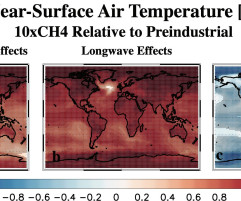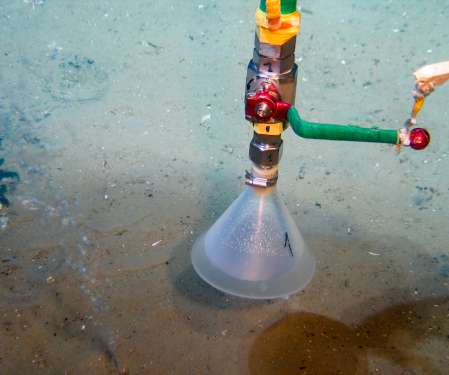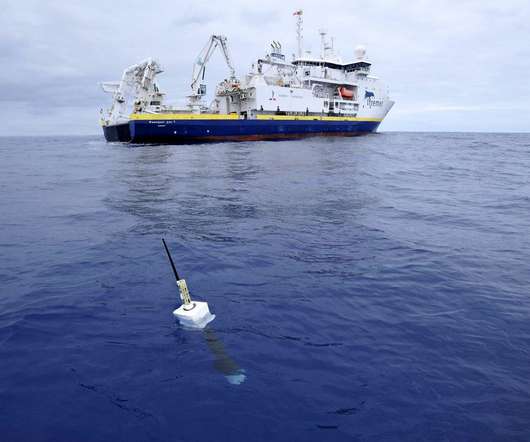Study finds methane emissions from coal mines ~50% higher than previously thought
Green Car Congress
FEBRUARY 1, 2021
Kholod said that when a closed mine is flooded, water stops methane from leaking almost completely within about seven years. The study is the first to attempt to account for methane escaping from abandoned mines. Under the same conditions, the amount of methane escaping from working mines would be cut in half.






















Let's personalize your content